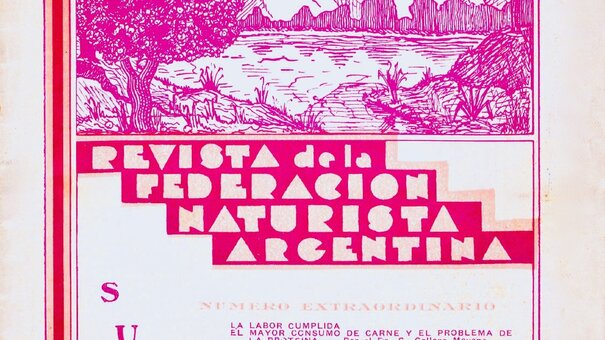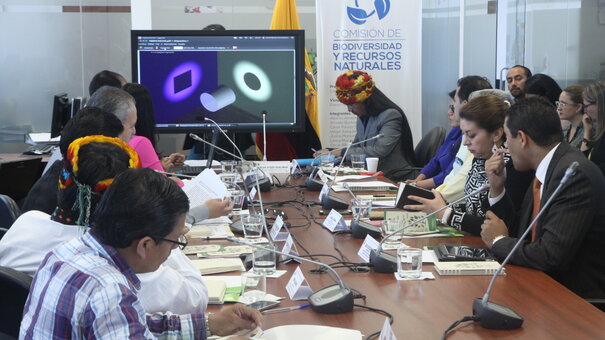Philosophical Polemics, School Reform, and Nation-Building in Uruguay, 1868-1915: Reforma Vareliana and Batllismo from a Transnational Perspective
Vortragsreihe "Wissensproduktion und Kulturtransfer im transregionalen Kontext"
Wichtige Details
Datum / Dauer: Donnerstag, 14.12.2017
- Sprache
- Englisch / English
- Durchführung
- In Präsenz
- Veranstaltungsort
- Konferenzraum
This lecture revisits Uruguay’s transformation from a volatile product of "balkanisation" in the River Plate area into Latin America’s first welfare-state democracy, associated with President José Batlle y Ordóñez (1903-1907, 1911-1915). Central to the country’s belated nation-building was its school reform, which started in 1868 under José Pedro Varela and was continued by Battle. Prof. Dr. Jens R. Hentschke (Newcastle University) argues that continuities in change prevailed over the alleged rupture of 1903. Moreover, by placing Uruguay into the broader context of what scholars have called the "Corridor of Ideas" from Santiago de Chile through Buenos Aires and Montevideo to Porto Alegre, he shows how Uruguay acted as a crossroad of intellectuals and a laboratory for the contestation, assimilation, and merger of global and autochthonous political and pedagogical philosophies.



